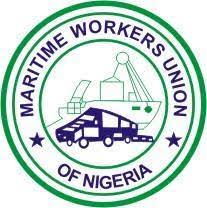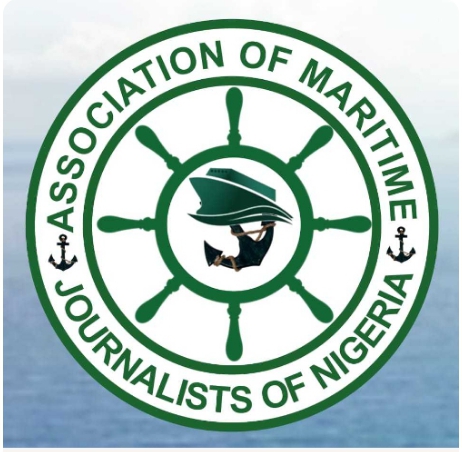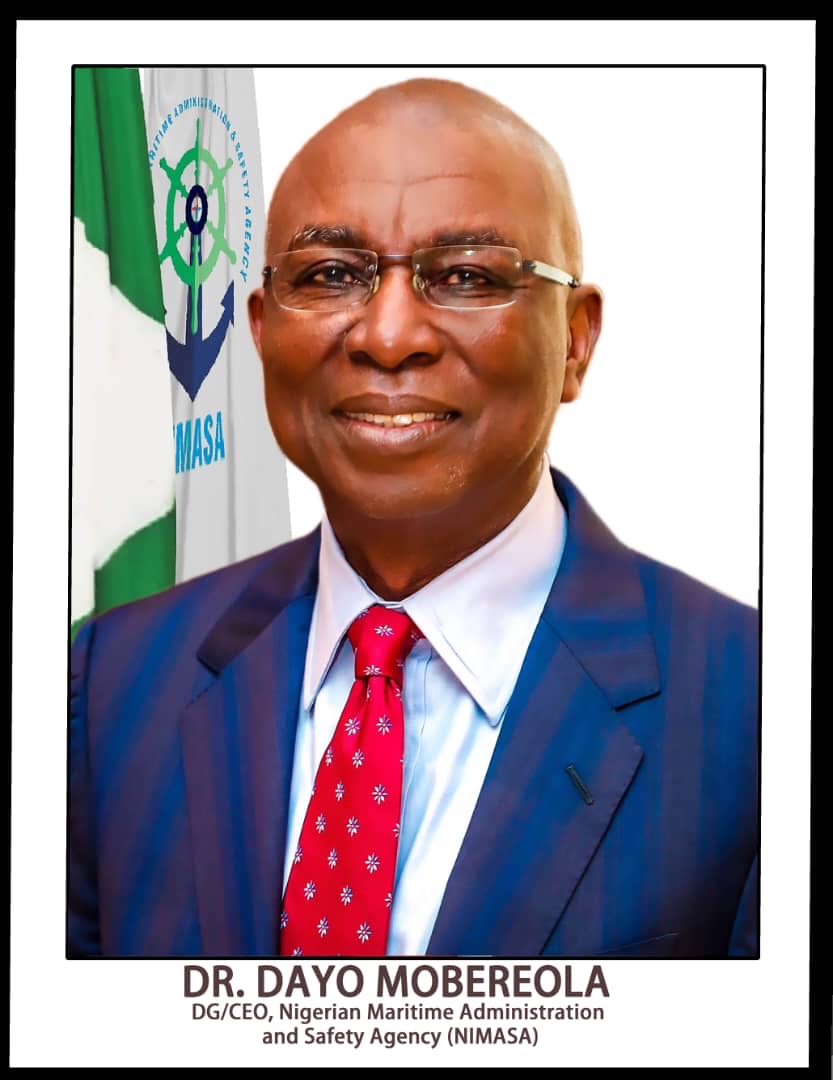Shipping
Dockworkers Fate Uncertain As Bolloré Buyer, MSC Battles Drug Charges

BY EGUONO ODJEGBA
The fate of about 21,000 employees including Nigerians with Bolloré Africa Logistics, mostly dockworkers appear to hang in the balance as the buyer and new owner of the group, Mediterranean Shipping Co. (MSC) is currently embroiled in criminal litigation linked to drug smuggling with the US government.
Bolloré Nigeria comprise of Tin-Can Island Container Terminal (TICT) and other logistics and ports businesses, which is believed to be its biggest stake in the African market.
International and local reports indicate that MSC’s legal battle is taking a tow on its reputation as a leading global shipping giant, and there is disquiet in many quarters in Nigeria about the likely consequence of MSC operations in view of the vulnerability of the Nigerians to drug addictions, made easier by our porous ports system; believed to have for a long time already, become a transit route as well as drugs trafficking destination.
The Lagos ports, especially the APM Terminals over the years is on record for the recurring incidences of playing host to cargo-drug laden containers and ships; with the National Drug Law Enforcement Agency (NDLEA) battling round the clock to police the ports. Last year, NDLEA arrested a number of dockworkers and operators of cargo handling equipments at the APM Terminal Apapa on allegation of drug trafficking.
Instructively, the Apapa Port drug transit menace has seen the Nigeria Customs Service, Directorate of State Security, Nigerian Port Health etc regularly tightening up their anti-drugs strategies in the fight to stem the disturbing trade and to prevent the port from been a major artery.
The proposed acquisition of Bolloré by MSC sparked a huge industrial uproar last month, with public protests in some of the affected affiliates in Lagos by dockworkers, which protest was hinged on trust issues as it affects their job security and status, pre and post acquisition.
The striking workers were especially agitated over alleged unreliable reputational image of MSC in relation to drugs issues. It took the intervention of the leadership of the Maritime Workers Union of Nigeria (MWUN), led by Comrade Adewale Adeyanju to pacify the workers with the promise that Bolloré management has pledged to sign a bond that guarantees the security of their jobs, including payments of benefits should a decision be taking affecting job cut or buy out downsizing.
The promised documented letter of commitment believed to have been undertaken by Bolloré management was however not fulfilled until the acquisition was consummated this week; with reports saying the transaction was approved by all applicable regulatory authorities on Wednesday.
Officials say the acquisition of Bolloré Africa Logistics and its affiliates by MSC is hinged on the long-term commitment of MSC to invest in African supply chains and infrastructure, and to support the needs of clients of both businesses.
According to MSC Group President, Diego Aponte, “We are delighted to welcome more than 21,000 new colleagues to the MSC family through our acquisition of Bolloré Africa Logistics.
“I wish to thank the Bolloré family, and Cyrille in particular, for having conducted the transaction in a smooth and efficient way and I congratulate them for having created such a well-established business.
“The deal will strengthen MSC’s longstanding ties with Africa and will reinforce our commitment to the continent’s economic growth, including investment in the ships, shipyards, container terminals, logistic solutions, storage facilities, road and rail networks that will support and enhance trade across the African continent and with the rest of the world” adding:
“Our strategy remains rooted in our values and in our long-term vision that protects over 150,000 employees in 155 countries worldwide.”
MSC informed that it will operate Bolloré Africa Logistics Group as an autonomous entity with its portfolio of diversified partners, under a new brand to be unveiled in 2023, and hinted that Philippe Labonne, President of Bolloré Africa Logistics, will continue to function as the new group’s helmsman.
Plans to sell Bolloré Africa Logistics started in 2020 which led to the December 20, 2021 exclusive negotiations during which all employee representative bodies were believed to have bought into the idea, even as there are indications that Bolloré Nigeria may have failed to involve Nigerian workers representative in the said negotiations.
Bolloré Group on December 20, 2021 said, “Bolloré Group has signed today the agreement relating to the sale to the MSC Group of 100% of Bolloré Africa Logistics, comprising all of the Bolloré Group’s transport and logistics activities in Africa, on the basis of an enterprise value, net of minority interests, of 5.7 billion euros.
“The sale remains subject to regulatory and competition approvals and the agreement of certain of Bolloré Africa Logistics’ counterparties and is expected to be completed by the end of the first quarter of 2023.”
It would appear that Bolloré merely communicated its decision to MWUN after the deal had been struck and implementation about to commence. In the correspondence, Bolloré Group said that TICT has received an offer from Mediterranean Shipping Company (MSC) to aquire 100 percent of Tin Can Island Container Terminal (TICT) and Bollore Transport and Logistics Nigeria Limited.
The union which was taken aback by the development, logically expressed fears over the fate of its members, and sought to get clarifications from Bolloré Nigeria; a request that was believed to have been ignored.
President General of MWUN, Comrade Adeyanju lamenting the continued refusal of TICT and Bollore to respond to its enquiries confirmed some time ago that the union wrote to both companies on September 14, 2022 to know the fate of its members; but noted that the management of the two companies refused to accord them a response.
The snub led to the workers protest last month, early November, prompting management of both companies to make entreaties to the union leaders to help quell the protest; a request that was granted the union leadership; known for its positive responses to industrial harmony and responsive engagements.
It is hard to tell how this critical acquisition will impact the nation’s porous ports in view of the already high level drug trafficking, and the danger it poses vide massive abuses and its consequences on Nigerians social wellbeing and national security.
The report last Friday by Bloomberg Businessweek that the U.S. judiciary has fined MSC $700million and could move forward with a forfeiture case against the 2018-built container ship MSC Gayane for its involvement in drug running seems too cold for comfort.
The Bloomberg Businessweek indicated that over 20 tons of cocaine worth over $1 billion were found in containers aboard the MSC Gayane in June 2019 when it called in Philadelphia. The international media reported the case as the largest cocaine seizure in U.S. history.
Also in 2019, 1.6 tons of cocaine were reportedly found aboard the MSC Carlotta when it called in Newark, New Jersey; and yet another 537 kilograms of cocaine said to have been discovered aboard the MSC Desiree in Philadelphia; Peruvian authorities found 2.4 tons of cocaine on the MSC Carlotta; and Panamanian authorities found 1.3 tons of cocaine on the MSC Avni.
It is on record that eight seafarers aboard the MSC Gayane who pleaded guilty to the offence were sentenced to a combined total of 50 years in prison. They admitted to using the ship’s crane to load the cocaine from speedboats while the vessel was on the high seas off South America, then hiding the drugs in the ship’s containers. Their statement certainly gave MSC some breather, as the case of the global shipping giant could not yet be conclusively determined as one of corporate conspiracy.
Nevertheless, U.S. prosecutors allege that Montenegrin Goran Gogic — arrested in Florida in October and now in custody in New York oversaw the logistics of getting the cocaine from South America to Europe (stopping in the U.S enroute) aboard the MSC Gayane, MSC Carlotta and MSC Desiree, liaising between crew members involved in smuggling, who were mostly Montenegrins, and Balkan drug cartels.
MSC’s troubles appears to be far over as the Bloomberg report say the cocaine smuggling cartel has “infiltrated” MSC. William McSwain, U.S. Attorney for the Eastern District of Pennsylvania prior to January 2021, told Bloomberg: “We certainly didn’t see MSC as a victim in all this”, it stated.
Also, Robert Perez, a former Customs and Border Protection (CBP) deputy commissioner, told Bloomberg the U.S. government was greatly interested in knowing “how high the influence of the narco-traffickers lay within this company.”
Reacting to Bloomberg Businessweek report, the shipping line responded Saturday: “MSC strongly objects to Bloomberg’s headline claim that the subversion of a small number of seafarers from Montenegro, in what remain very specific circumstances, amounts to the ‘company’ being ‘infiltrated’ by a drugs cartel.”
“The company and everyone in it are victims,” said the shipping line in a victim impact statement filed in court in April 2021.
The company said it had “suffered significant financial and reputational damage” and that “the Gayane incident is an unwanted and undeserved stain on [the company’s] record” that was particularly distressing to the Aponte family, owners of the shipping line.
To demonstrate its fidelity and pains about the unfortunate developments, MSC said in its victim impact statement that it would spend more than $100 million on enhanced anti-smuggling measures from 2019-25.
In its media statement Saturday, it said it invested “far in excess of $50 million in 2022 [on security efforts] and will continue to do so in future years.”
The Bloomberg report says MSC could face more financial penalties by the U.S. government, following a purported breakdown of discussions. Bloomberg reported the U.S. government was initially in discussions with the shipping line to substantially reduce the $700 million-plus in statutory penalties ($1,000 per ounce) in return for various security measures.
Those talks broke down and the shipping line informed CBP “that it planned to contest the penalties.”
“MSC and the U.S. government are now locked in a legal battle that has taken place largely out of public view.”
Bloomberg further reported that the U.S. Attorney’s Office of the Eastern District of Pennsylvania is “building a civil case arguing that MSC …must forfeit the [MSC Gayane] or a substantial portion of its value.”
Ahead of the completion of the acquisition of the Bolloré Group, MSC said the former will remain strongly involved in Africa, notably through Canal+, and will also continue to develop its activities in the continent’s numerous sectors such as communications, entertainment, telecommunications and publishing.


































